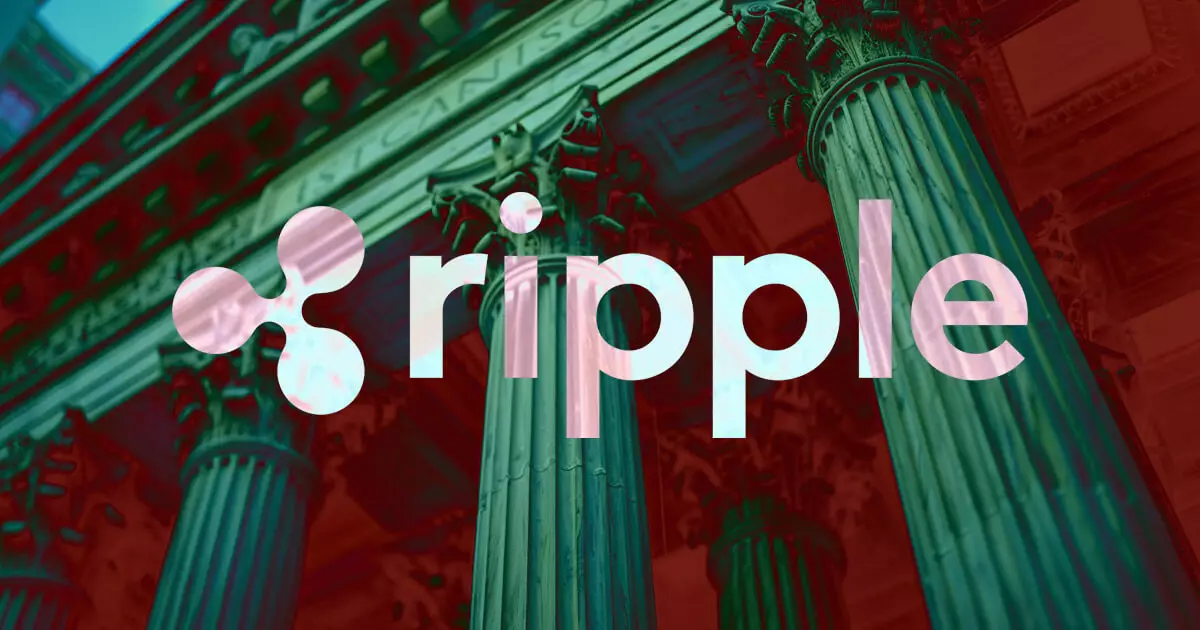Recently, Ripple faced a setback as a US judge in California ruled in favor of a lawsuit against the crypto company. The lawsuit revolves around allegations of misleading statements made by Ripple’s CEO, Brad Garlinghouse. This decision paves the way for a trial where a jury will determine whether investors were deceived into investing in XRP based on Garlinghouse’s statements during a 2017 interview with the Business News Network.
During the interview, Garlinghouse boasted about his personal investment in XRP, stating that he was “very, very long XRP.” He expressed skepticism towards other digital assets, citing a lack of clarity on their utility. This led to accusations that Garlinghouse’s remarks misled investors by creating a false sense of security about the potential growth and profitability of XRP.
Ripple attempted to dismiss the claims by arguing that XRP did not fall under the classification of a security. However, Judge Phyllis Hamilton pointed out that while XRP may not meet the criteria for a security, it could still be considered one when marketed to non-institutional investors. She emphasized that investors’ expectations of profit from XRP could categorize it as a security, aligning with key aspects of the Howey Test. Additionally, the judge highlighted Ripple’s actions in promoting the use of XRP for cross-border payments and other purposes as factors that could influence investors’ profit expectations.
The approval of the lawsuit and the upcoming trial signal potential legal troubles for Ripple. If the jury rules against the company, it could have far-reaching consequences on how cryptocurrencies are marketed and sold to investors. The case also raises questions about the regulatory clarity surrounding digital assets and the responsibilities of companies like Ripple in ensuring transparency and accuracy in their communications.
Ripple finds itself entangled in legal challenges that could shape the future of the crypto industry. The outcome of this lawsuit will not only impact the company’s reputation but also set precedent for how similar cases are handled in the future. It serves as a reminder of the importance of compliance and integrity in the rapidly evolving world of blockchain and cryptocurrency.
















Leave a Reply